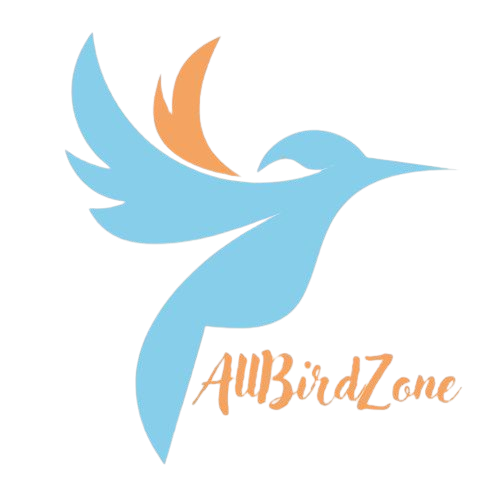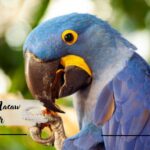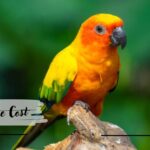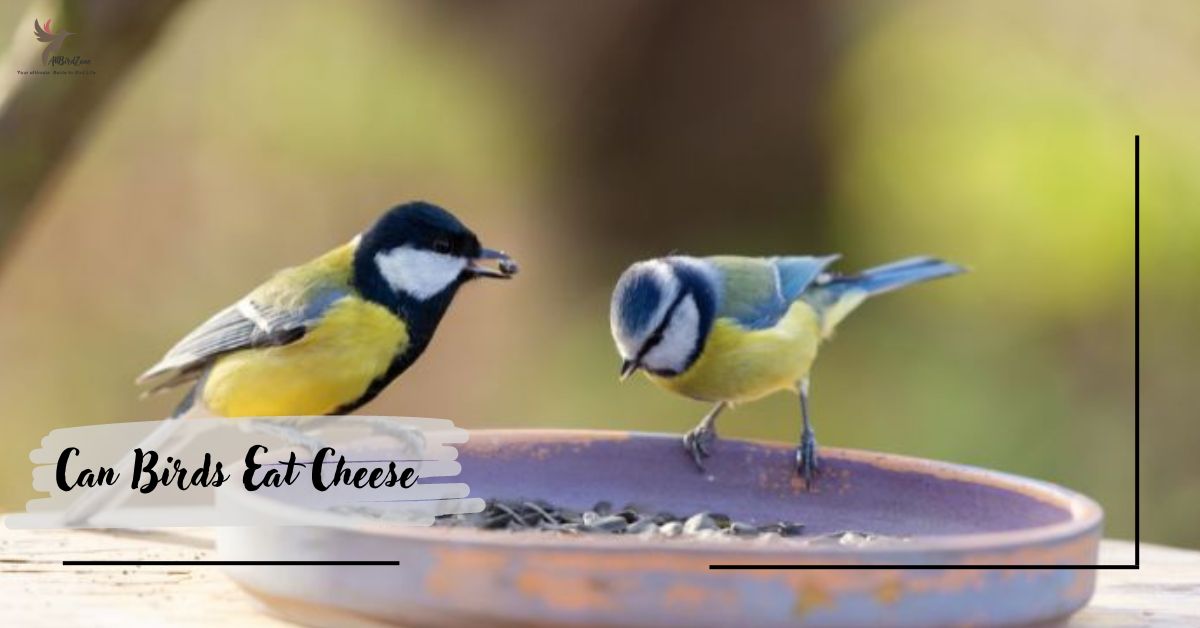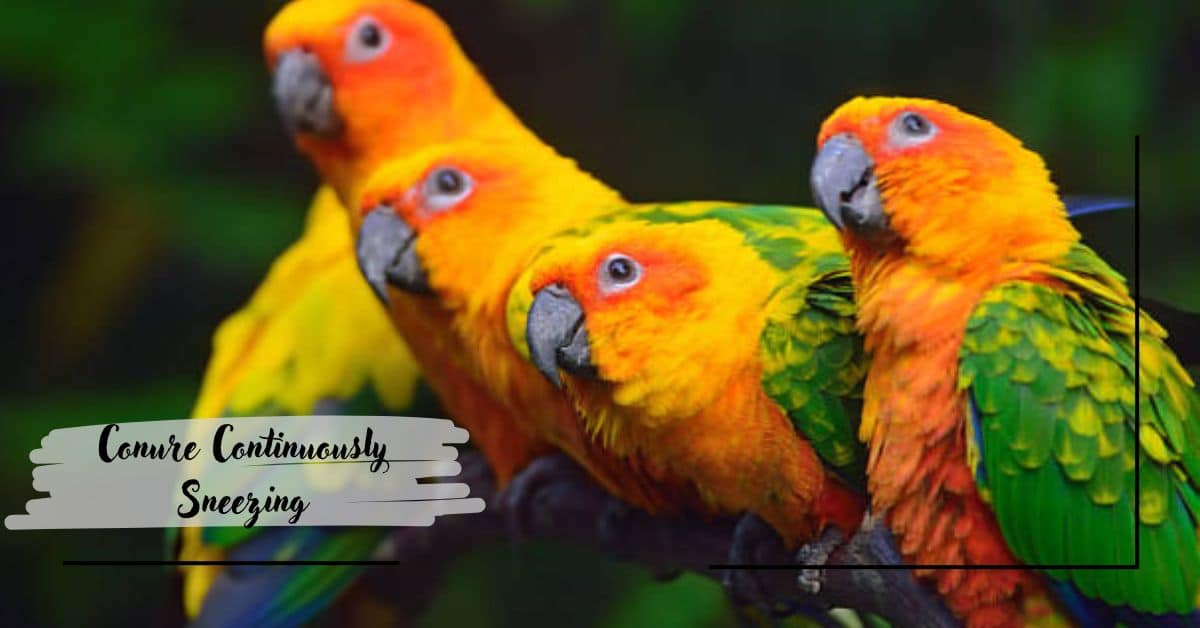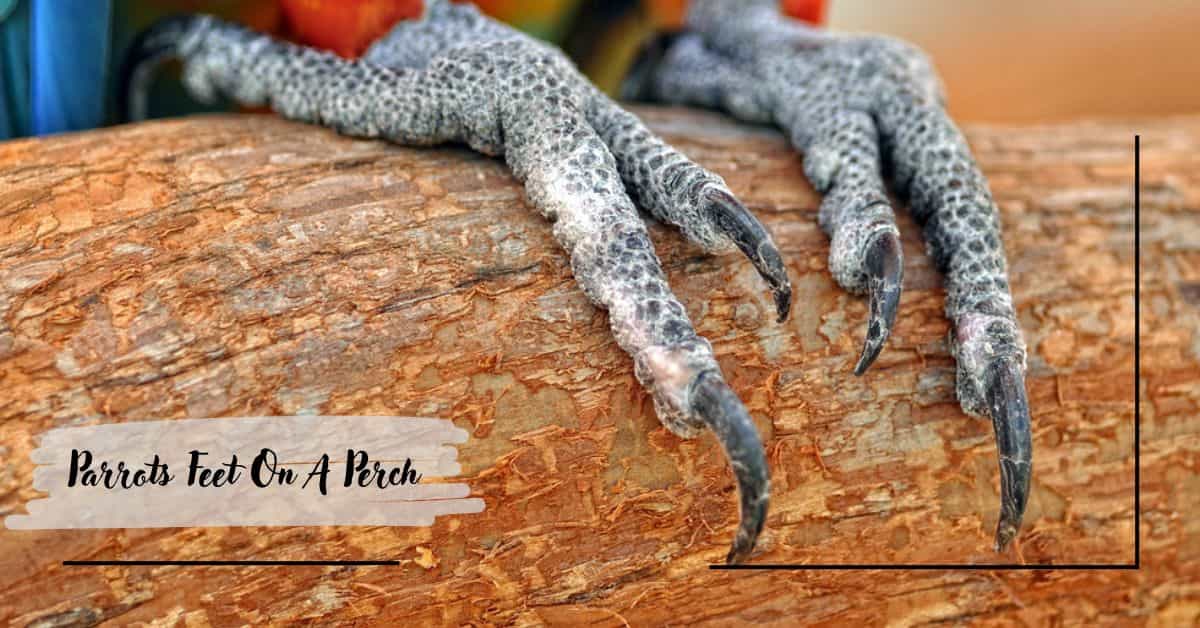Can Bird Eat Cheese? I tried giving cheese to the birds in my backyard, and they enjoyed it as a rare treat. I found that small amounts of mild cheese, like cheddar, are fine, but I make sure to give it only occasionally and focus on healthier foods for their main diet.
Yes, birds can eat cheese, but only in moderation. They enjoy mild, grated cheddar or other hard cheeses. Avoid giving them soft cheeses like brie or blue cheese, as these can upset their stomach. For a healthier treat, consider offering raw vegetables like peas and sweetcorn or leftover mashed potato instead.
Birds can eat cheese, but it’s important to be cautious. Cheese isn’t a natural part of a bird’s diet, and it should only be given in small amounts. Most birds don’t need cheese as part of their regular diet, but a small treat occasionally won’t harm them. Just be mindful of how much and how often you offer it.
Which Birds Can Eat Cheese?
Sparrows:
These small birds can eat cheese, but they should only have a tiny amount. Their digestive systems can handle cheese in moderation, so just give them a little bit as a treat.
Robins:
Robins can eat cheese without much trouble, but it should be given in small portions. They enjoy a variety of foods, and cheese can be a nice change, but too much can upset their stomach.
Blackbirds:
Blackbirds are fairly adaptable and can eat cheese in small amounts. However, it’s important to offer cheese only occasionally, as their diet mainly consists of insects, fruits, and seeds.
Starlings:
Starlings are known for their diverse diet and can eat cheese. However, they should only receive small pieces at a time. They are more likely to enjoy cheese if it is mixed with other bird-friendly foods.
Titmice:
These small birds can enjoy cheese in small pieces, but it’s best to offer it as a rare treat.
Woodpeckers:
They might peck at cheese, especially if it’s mixed with other food. Just ensure it’s in small amounts and not a regular part of their diet.
How to Feed Cheese to Birds Properly?
1. Cut into Small Pieces: Chop cheese into tiny bits to make it easier for birds to eat and to prevent choking.
2. Serve in Moderation: Offer cheese only as a treat, not a regular food. A small amount once in a while is best.
3. Avoid Mixing with Other Foods: Don’t mix cheese with their regular bird food. Serve it separately so they don’t consume too much.
4. Watch for Digestive Issues: After feeding cheese, observe the birds for any signs of upset stomach or other issues.
Types of Cheese Birds Can Eat
Mild Cheddar:
This cheese is a good option because it’s not too strong or salty. Grated or cut into small pieces is best.
Hard Cheese:
Cheeses like parmesan or gouda are preferable because they have lower moisture content and are less likely to cause digestive problems.
What Types of Cheese Birds Can’t Eat?
Soft Cheeses:
Avoid giving birds cheeses like brie, blue cheese, or cream cheese. These cheeses are rich and can upset their stomach.
Processed Cheeses:
Cheeses with added flavors, artificial ingredients, or high salt content should be avoided. These can be harmful to birds.
Which Birds Can’t Eat Cheese?
Parrots:
They may have difficulty digesting cheese and can suffer from digestive problems.
Budgerigars (Budgies):
These small birds are sensitive to fatty foods like cheese and may experience health issues.
Finches:
They can have digestive problems if they eat cheese, so it’s best to avoid it.
Pros and Cons of Eating Cheese for Birds:
Pros:
- Source of Protein and Fat: Cheese contains protein and fat, which can be beneficial in very small amounts.
- Variety in Diet: Cheese can add variety to a bird’s diet and offer a new taste experience.
Cons:
- Digestive Problems: Cheese contains lactose, which many birds cannot digest properly. This can lead to stomach upset or other digestive issues.
- Nutritional Imbalance: Cheese lacks essential nutrients that birds need, such as vitamins and minerals. It shouldn’t replace more nutritious foods.
- High-Fat Content: Too much cheese can lead to obesity and other health issues due to its high-fat content.
Tips For Giving Cheese to the Birds:
Observe Reactions:
After offering cheese, watch how the birds react. If they seem to have any digestive issues, stop giving them cheese.
Keep It Fresh:
Always offer fresh cheese and avoid any that is moldy or spoiled.
Clean Up:
Remove any uneaten cheese promptly to prevent attracting pests and to maintain a clean feeding area.
Frequently Asked Questions:
Can baby birds eat cheese?
No, baby birds shouldn’t eat cheese. They need special food designed for them, and cheese can upset their tiny tummies.
How often can I give cheese to birds?
Give cheese only as a treat, not every day. A few times a week is fine. Too much cheese isn’t good for them.
Can cheese cause health problems for birds?
Yes, cheese can make birds sick if they eat too much. It might cause stomach problems or weight issues because birds don’t handle dairy well.
What should I do if a bird doesn’t eat the cheese I offered?
If the bird doesn’t eat the cheese, just take it away. Some birds don’t like cheese, and that’s okay. Always clean up any leftover cheese to keep things tidy.
Can cheese attract unwanted animals like rats?
Yes, leftover cheese can attract pests like rats. To avoid this, clean up any uneaten cheese quickly and keep the feeding area clean.
Is it safe to feed cheese to pet birds?
For pet birds, check with a vet before giving them cheese. Some pet birds might handle it okay, but it should be given only in small amounts.
Can cheese be part of a bird’s diet if it’s melted?
Melted cheese is still cheese and should be avoided. It’s still high in fat and lactose, which can be bad for birds.
Can birds eat cheese if they are sick?
No, if a bird is sick, avoid giving them cheese. Sick birds need special care and food, so ask a vet for the right diet.
Conclusion:
while cheese can be a tasty treat for birds, it’s best given sparingly. Most birds can handle a small amount, but cheese should not be a regular part of their diet. Always offer it in moderation and choose bird-safe alternatives like fruits, veggies, and seeds for a balanced diet. Keep your bird feeders clean and watch your feathered friends enjoy their treats safely!
